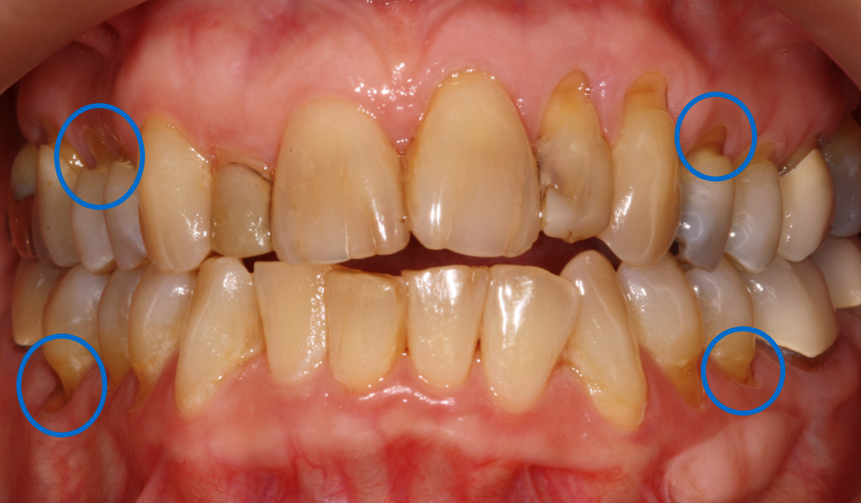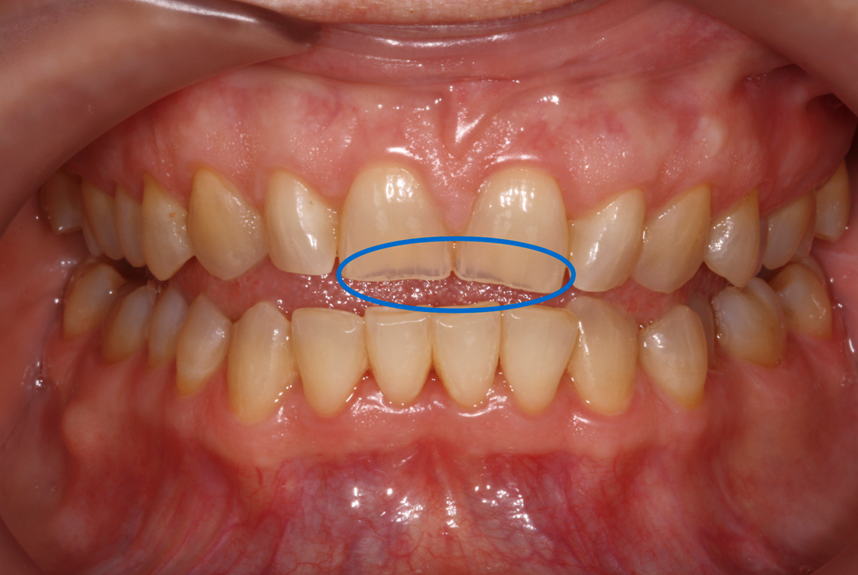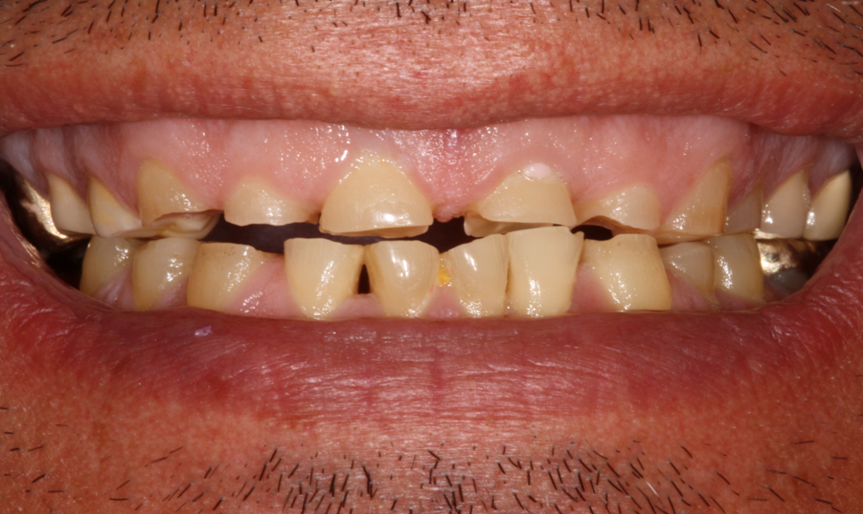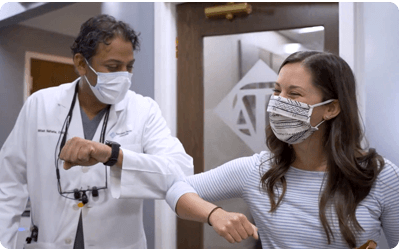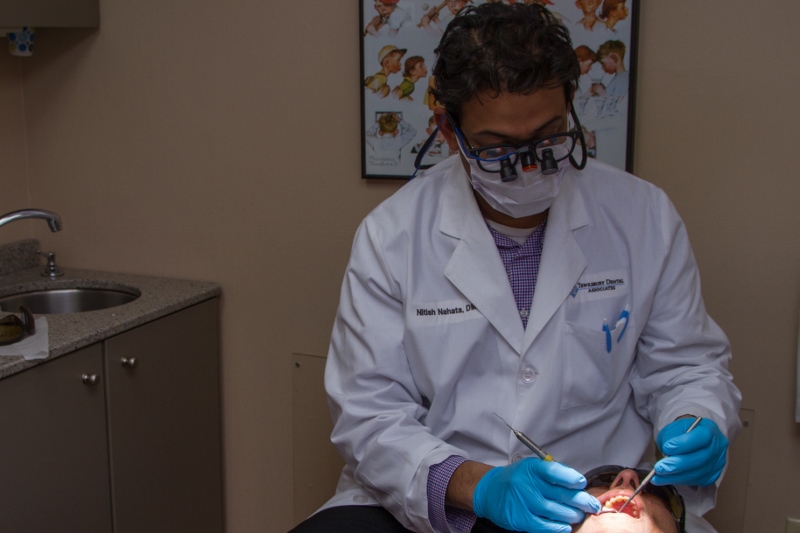
Most people are familiar with enemies of the teeth such as cavities, acidic foods and beverages, and gum disease. We don’t believe enough people are familiar with occlusal disease.
Let’s change that today.
The term “occlusion” refers to the manner in which our teeth fit together and function against one another when we chew. Occlusal disease is a chronic, destructive process that attacks facial joints and muscles, as well as teeth. This disease is most often caused by an imbalanced bite, or malocclusion. If undetected and untreated, this pathological bite can permanently damage your teeth, temporomandibular joints, jaw muscles and supporting bone and gums around teeth.
Consider the way tires on a car become worn when they are unbalanced. Similarly, an unbalanced bite causes excessive, abnormal wear to teeth, which will likely lead to irreversible damage that warrants reconstructive treatment.
Occlusal disease often goes undiagnosed because its silent, insidious damage can be falsely attributed to different etiologies. By making patients and other dentists aware of the signs and symptoms of occlusal disease, we may be able to increase its diagnosis and treatment success.
Following are some of the most common signs of occlusal disease, according to a Dentistry Today article.
- Pathological tooth wear, chipping or fractures – Occlusal wear often is caused by a combination of factors such as constant pressure and toothpaste abuse. However, when excessive occlusal wear, chips or fractures are present without a clear cause, occlusal disease should be suspected. This goes for teeth and dental restorations.
- Tooth hypersensitivity – Tooth hypersensitivity has many triggers. While global sensitivity may be more related to your gums, isolated areas of hypersensitivity likely are related to occlusal trauma, and changes in the biting and chewing surfaces of your teeth due to teeth grinding.
- Tooth hypermobility – Loose teeth, especially second molars, can be attributed to occlusal disease. It’s important to identify the cause of the loose teeth so we can offer treatment to correct it and prevent you from unnecessarily losing any teeth. It’s amazing how much these teeth can tighten up once the source of trauma has been corrected!
- Fremitus – a slight vibration of a tooth that is felt when teeth come into contact with one another. If a tooth moves more than another when the teeth are in contact, it is an indication that the bite is unbalanced.
- Abfractions – V-shaped notches at the gumline that are caused by a constant flexing of a tooth or teeth in an unbalanced bite. While these lesions are not caused by bacteria, they can put your teeth at risk for increased sensitivity, cavities and fracture.
- Localized bone destructions – Increased tooth mobility, which often is due to an improper bite, can accelerate bone loss. This bone loss is different than that seen in periodontal disease, as it is confined to the area where the increased tooth mobility exists.
- Headaches and migraines –Pain and discomfort associated with chewing muscles and tired facial muscles are common among occlusal disease sufferers, but are rarely reported to dentists, because patients generally aren’t aware these issues pertain to their oral health. If you have frequent headaches or tired cheek muscles, particularly in the mornings, it may have something to do with how your teeth meet.
How do you treat occlusal disease?
Occlusal disease can’t always be completely cured, but symptoms and progression can be controlled to eliminate long-term damage.
After diagnosing occlusal disease, we perform a detailed bite analysis to pinpoint the degree and location of imbalance contributing to the disease. Most often we are able to alleviate symptoms conservatively by minor reshaping, repositioning or restoring of specific teeth to restore balance to your bite. Sometimes treatment may even be as simple as a night guard that allows all your teeth to hit simultaneously when you close. This not only evenly distributes the forces of your unbalanced bite, but gives your facial muscles some much needed rest at night.
Remember, occlusal disease is a chronic condition that requires management. Call us today for an evaluation if you exhibit one or more signs occlusal disease.
